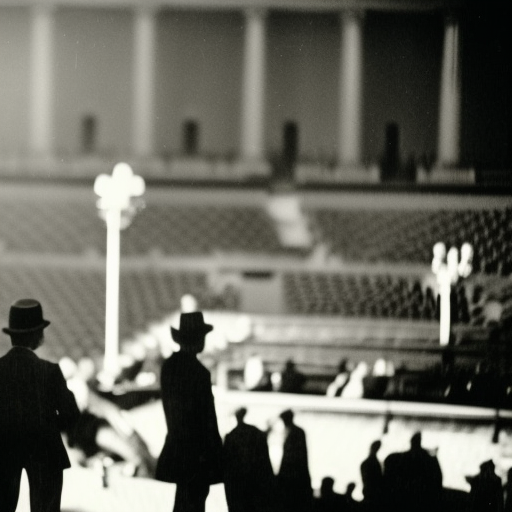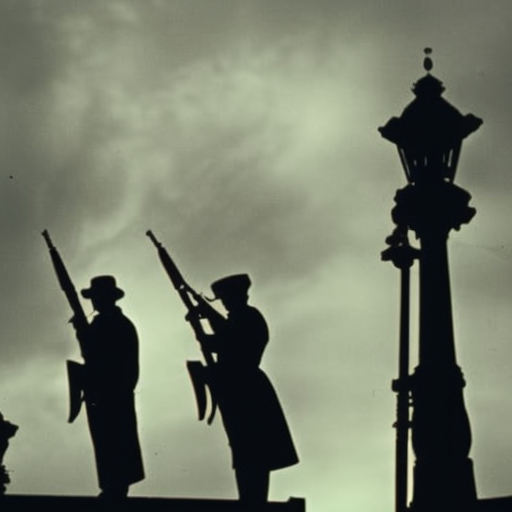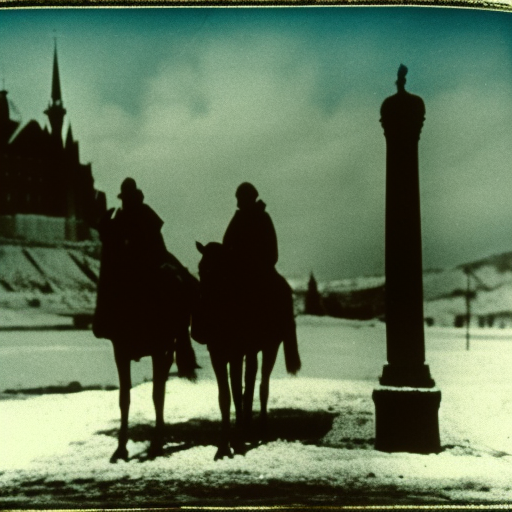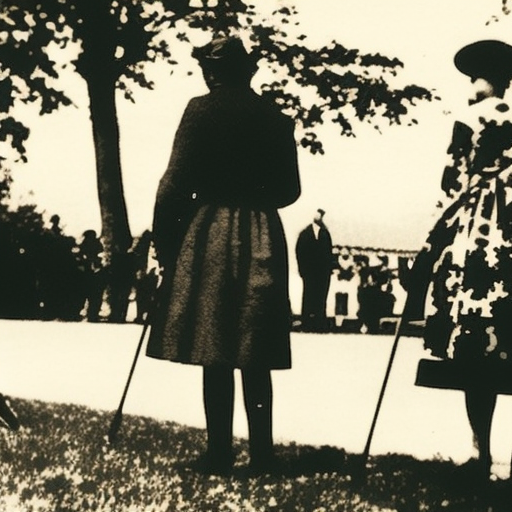The Congress System (1815-1822)
The Congress System, also known as the Concert of Europe, was a series of international conferences held between 1815 and 1822. These conferences aimed to establish a balance of power in Europe after the defeat of Napoleon Bonaparte and the end of the Napoleonic Wars. The key participants in the Congress System were the major European powers: Austria, Britain, Prussia, and Russia, with France also being included after 1818.
The Congress of Vienna (1814-1815)
The Congress of Vienna, held from 1814 to 1815, was the first and most significant conference of the Congress System. Its main objective was to redraw the map of Europe and restore stability after the upheaval caused by the French Revolution and the Napoleonic Wars. The Congress of Vienna was led by the foreign ministers of the major powers, including Klemens von Metternich of Austria, Lord Castlereagh of Britain, and Prince Talleyrand of France.
The Congress of Vienna resulted in several important agreements and decisions. The principle of legitimacy was established, which aimed to restore the pre-Napoleonic ruling families to their thrones. The territorial boundaries of European states were also adjusted, with France losing some territories but retaining its core borders. The German Confederation was created to replace the dissolved Holy Roman Empire, and Switzerland was recognized as a neutral state.
The Concert of Europe
Following the Congress of Vienna, the major powers agreed to maintain regular diplomatic communication and hold periodic conferences to address any issues that could threaten the balance of power in Europe. This system of cooperation became known as the Concert of Europe. The Congress System aimed to prevent any one power from becoming too dominant and to maintain peace and stability on the continent.
Subsequent Congresses
Several subsequent congresses were held as part of the Congress System. The Congress of Aix-la-Chapelle in 1818 addressed the issue of the presence of foreign troops in France and agreed to withdraw them. The Congress of Troppau in 1820 discussed the revolutions taking place in Spain and Italy and established the principle of intervention, which allowed the major powers to intervene in the internal affairs of other states to maintain stability.
The Congress of Laibach in 1821 saw Austria and Russia intervene in the Kingdom of Naples to suppress a rebellion, while the Congress of Verona in 1822 discussed the situation in Greece and the potential intervention of the major powers. These congresses demonstrated the willingness of the major powers to use force to maintain the balance of power and prevent revolutionary movements from spreading.
Decline of the Congress System
The Congress System began to decline after the Congress of Verona in 1822. The major powers became divided over the issue of intervention in Greece, with Britain opposing further military action. Additionally, the revolutions of 1830 in France and Belgium challenged the established order and weakened the Concert of Europe.
By the mid-1830s, the Congress System had effectively come to an end, and the major powers pursued their own national interests without the same level of cooperation. However, the principles of the Congress System, such as the balance of power and the idea of international cooperation, continued to influence European diplomacy in the years that followed.
In conclusion, the Congress System was a series of international conferences held between 1815 and 1822 to establish a balance of power in Europe after the Napoleonic Wars. The Congress of Vienna was the most significant conference, resulting in the redrawing of the map of Europe and the establishment of the Concert of Europe. Subsequent congresses addressed issues such as intervention and demonstrated the willingness of the major powers to use force to maintain stability. The decline of the Congress System was marked by divisions among the major powers and the revolutions of 1830. However, its principles continued to shape European diplomacy in the years that followed.












